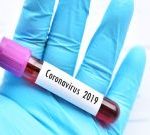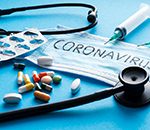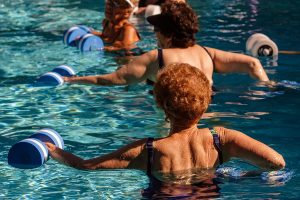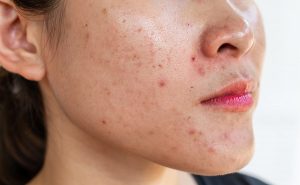
Though most Americans are well aware that protecting themselves from sunburn is important, many don’t take precautions, a new survey finds. Protecting yourself from exposure to sunlight is the best way of preventing skin cancer, according to the American Academy of Dermatology (AAD). The results of the AAD survey show that 76% of Americans know the importance of sun protection, but only 41% regularly protect themselves outdoors. Exposure to harmful ultraviolet (UV) rays is the most preventable risk factor for skin cancer, but 28% of survey respondents said they rarely or never use sun protection and 65% don’t know that shade protects them from UV rays. “It is estimated that more than 9,500 people are diagnosed with skin cancer every day, and nearly 20 Americans die every day from melanoma, the deadliest form of skin cancer,” said Dr. Bruce Thiers, the president of the AAD. “Skin cancer affects more Americans than any other cancer, yet most cases are preventable by seeking shade, wearing sun-protective clothing and applying sunscreen on all skin not covered by clothing,” he added in an AAD news release. The AAD recommends that everyone: Seek shade when the sun’s rays are the strongest, between 10 a.m. and 2 p.m. Wear sun-protective clothing, such as long-sleeved shirts, pants, a wide-brimmed hat and sunglasses. Use a broad-spectrum, water-resistant sunscreen with a sun-protection factor (SPF)… read on >






































